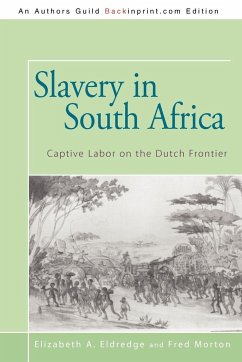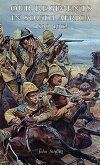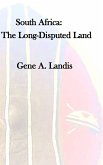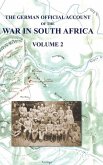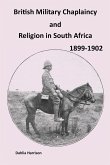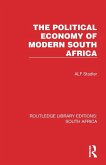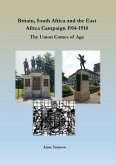As they advanced into the South Africa interior, white settlers and black Dutch-speakers enslaved local Africans rather than import slave laborers. Boers conducted slave raids with armed African auxiliaries, and turned the captives (mostly children) into domestics, herders, hunters, agricultural laborers, porters, drivers, personal servants, and artisans. Boer republics legalized slavery as "apprenticeship" and labeled thousands of captive children (whose parents they had killed) as "orphans". Slavery in South Africa shows that slavery was widespread in South Africa until the late nineteenth century and that thousands of slaves were taken from African communities, profoundly affecting Boer-African relations.
Hinweis: Dieser Artikel kann nur an eine deutsche Lieferadresse ausgeliefert werden.
Hinweis: Dieser Artikel kann nur an eine deutsche Lieferadresse ausgeliefert werden.

